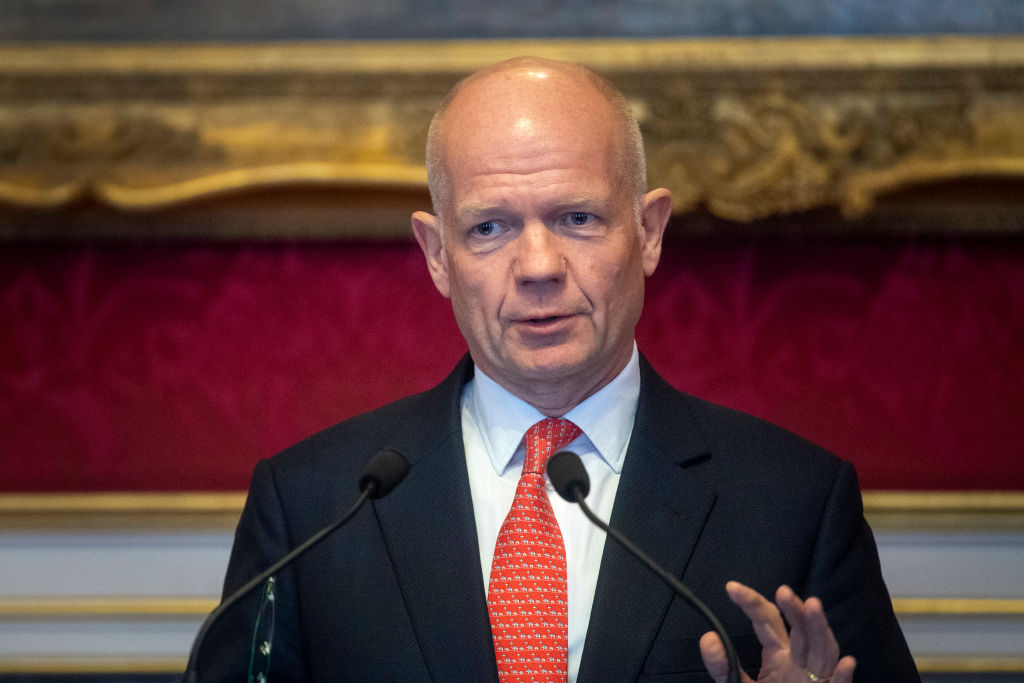Congratulations to William Hague, who has today triumphed in the race to succeed Chris Patten and become the 168th Chancellor of Oxford. Hague, who topped the ballot at every stage, won the final run-off against Elish Angiolini by a margin of 1,600 votes. Former cabinet ministers Peter Mandelson and Dominic Grieve were both eliminated in the earlier rounds of voting. Jan Royall, the outgoing principal of Somerville College, finished third.
The result represents a belated victory for the ex-Tory leader over New Labour, 23 years after his landslide defeat at the hands of Tony Blair. Some commentators viewed the race as a straight party political fight between Mandelson and Hague. Yet even left-leaning dons confess to preferring a former foreign secretary to a Labour peer who twice had to resign from government.
In spite of the efforts of the university Labour club and Mandelson’s own impressive media game, he appears to boast more fans in Westminster than Oxford. He finished a distant fourth on 3,344 votes, with his Labour colleague Royall managing 4,662 in third. Perhaps he will be consoled by reports that he will shortly be named as the next Ambassador to Washington. His poor showing will at least please the outgoing Chancellor: Mandelson has called for Starmer to develop closer ties with China while Patten, Hong Kong’s former Governor, has repeatedly attacked Beijing.
Hague will now become a leading voice in debates on the future of British universities. In a statement he pledged that ‘I will dedicate myself in the coming years to serving the university I love’, adding ‘what happens at Oxford in the next decade is critical to the success of the UK’. As a member of the House of the Lords, he was the only candidate to vote in favour of the Higher Education (Freedom of Speech) Act, which Labour ministers have now chosen to pause.
Today’s result brings an end to a mammoth ten-month contest which has been dogged with controversy. Early plans for a candidate committee had to be binned after cries of a ‘stitch-up’. The resulting compromise produced 38 candidates, some of whom were palpably unsuited to the role. Turnout figures showed that only 24,000 – some 7 per cent – of Oxford’s estimated 350,000 graduates and staff members voted last week, despite the innovation of online ballots.
Similar rows will likely happen again the next time this contest is held, when Hague’s tenure ends in ten years’ time.







Comments